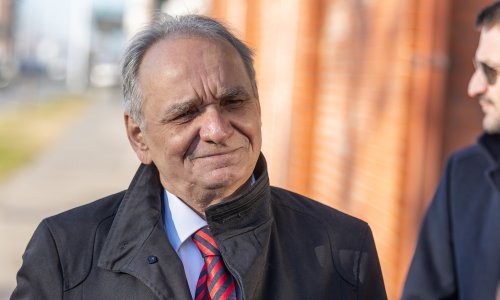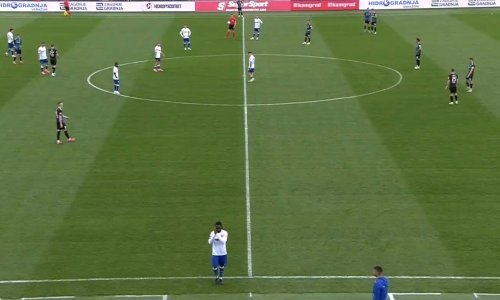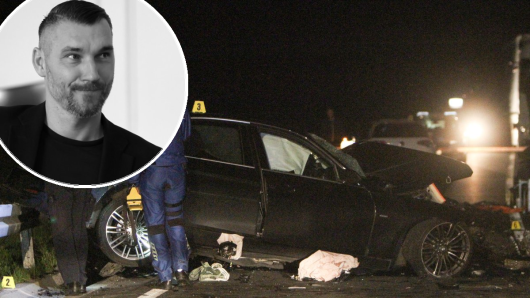Amnesty International on Monday renewed its call on the Croatian authorities to investigate claims that a senior politician failed to prevent war crimes committed by Croatian forces during the 1991-1995 war.
"In its report, Behind the Wall of Silence: Prosecution of War Crimes in Croatia, published in December 2010 Amnesty International expressed its concern that a number of high profile Croatian military and political leaders have to date still managed to evade investigation for alleged war crimes. Following publication, one of the people named in the report - Tomislav Mercep - was arrested and an investigation against him opened by the Croatian State Prosecutor’s Office," AI said in a statement.
Vladimir Seks, currently Deputy Parliament Speaker, who was a leading political figure in the eastern Slavonia region in 1991, faces fresh claims that he failed to stop grave abuses perpetrated by forces under his command, AI said.
On 13 January, the Youth Initiative for Human Rights, a Croatian nongovernmental organisation, submitted new testimony from a witness claiming that Vladimir Seks had failed to investigate her report of a crime allegedly committed by his subordinates in 1991, AI said, adding that the NGO provided statements by five other witnesses related to other crimes allegedly committed in eastern Slavonia at that time.
"The allegations against Vladimir Seks must be investigated. It is well documented that during the war he was in a position of political command, as the Head of Crisis Headquarters in eastern Slavonia, and that his subordinates committed crimes with impunity,” said Nicola Duckworth, AI Programme Director.
Seks last week resolutely dismissed Duckworth's statement that there were sufficient grounds for opening an investigation into him in connection with war crimes in Osijek in 1991, dismissing as untrue her claim that at that time he had held a command post in the city and adding that he was under no investigation whatsoever not because he was protected by his position of a senior state official, but because there were no grounds for an investigation.
He dismissed the suggestion that he was preventing court proceedings by using his influence as a politician, saying that the investigation was not being launched because there were no grounds for it.




































